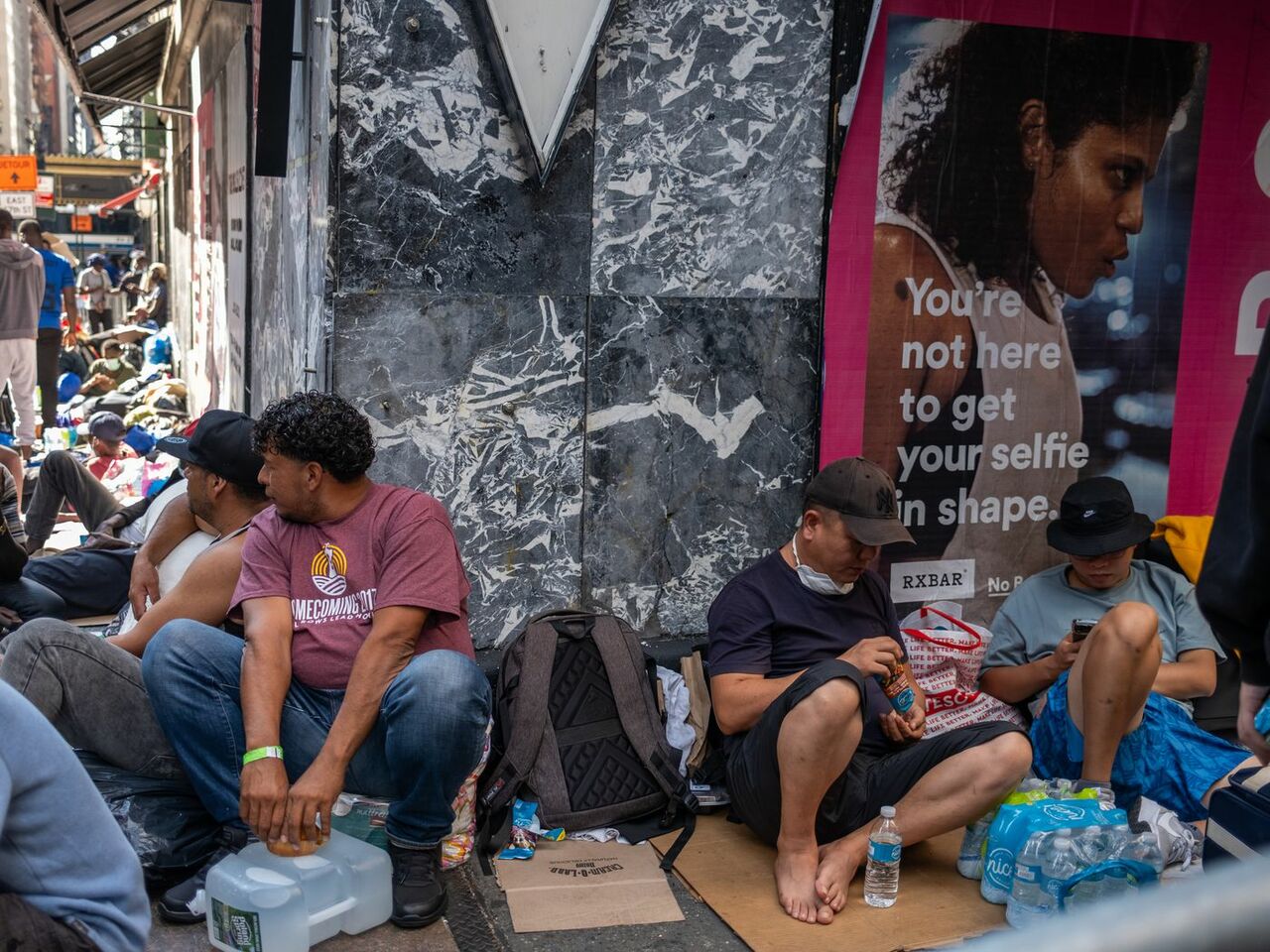Project Outline: From Barriers to Bridges, Language and Inclusion for Spanish-speaking, Newly-arrived Migrants in NYC

From Barriers to Bridges, Language and Inclusion for Spanish-speaking, Newly-arrived Migrants in NYC
Supervised by Professor Amelia Frank-Vitale, Term Assistant Professor in the Human Rights Program at Barnard College.
Project Background
Recently, New York City has received over 100,000 migrants and asylum seekers (NYC.gov), many bussed here by southern states’ politicians—often without their consent or knowledge—testing the limits of the city’s reputation as a “sanctuary city.” Language can bring confidence and reinforce identity, and, most importantly, it is a resource itself. This new population of migrants and asylum seekers are mostly not from the same ethnic and nationality backgrounds that have historically come to NYC from Latin America. They are majority Venezuelan, Ecuadorian and Colombian, and many did not come to the US planning to settle in this city. While they share Spanish as the native tongue with other long-established immigrant groups in the city, is this sufficient to facilitate inclusion into Spanish-language networks, opportunities, and communities? Has their lack of English fluency created barriers? If so, in which ways? And how has Spanish as a resource enabled them or made their experiences more accessible?
Methodology
I plan to conduct a Literature Review on sociological concepts of migration, inclusion, law, and language in the context of New York City. Alongside this, I hope to conduct audio interviews with 10 newly-arrived, Spanish-speaking migrants, and 10 social service workers who engage with this population daily.
Objectives
Given the current climate and political targeting of this demographic, I hope this project can be a source of data that can inform the fields of public policy and reform. Moreover, my goal is for this to become digestible enough to engage the NYC community in efforts to support and humanize a population in need while upholding the values of this city, one that has quintessentially, always, been for immigrants.
Please sign in
If you are a registered user on Laidlaw Scholars Network, please sign in
It’s commendable how you’re shedding light on the challenges this newly arrived population faces and seeking to amplify their voices. Your aim of humanizing this demographic is very much needed. Excited to follow your research journey!